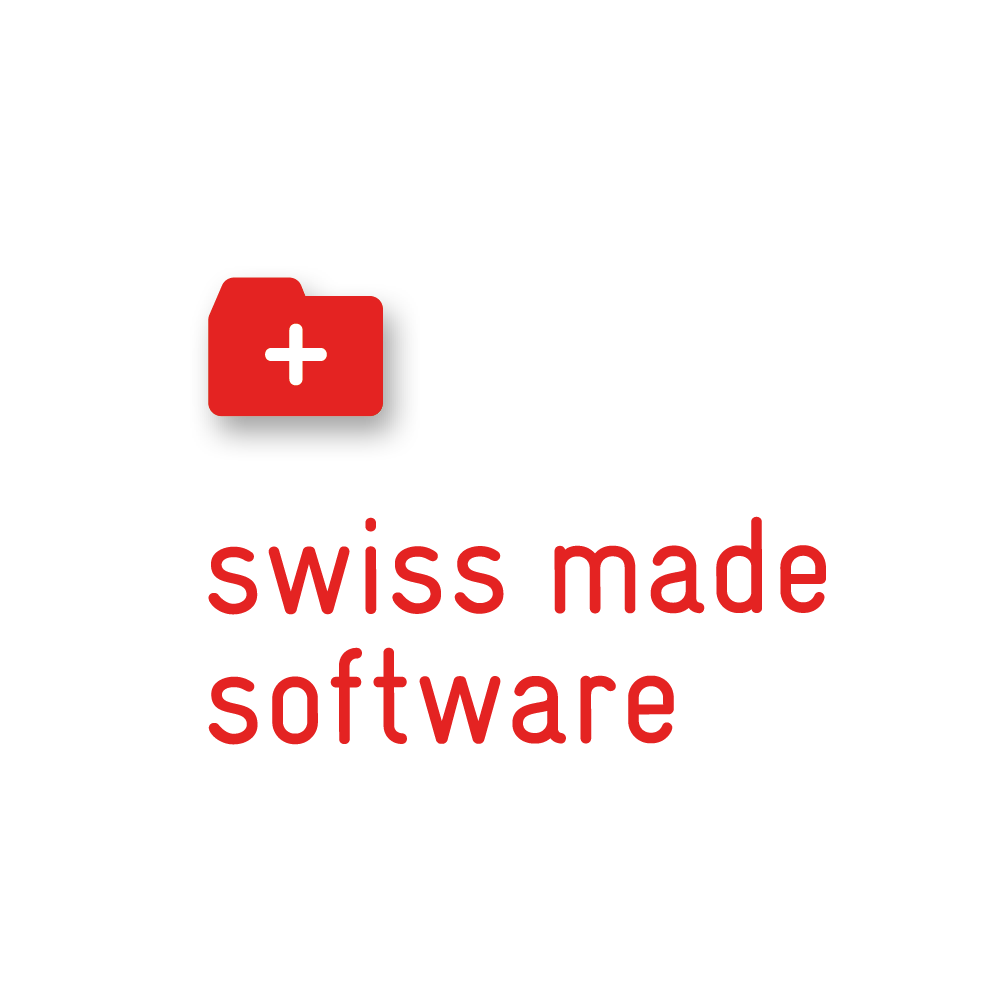Tomorrow, all agile?
At the stop, several companies realized that they could operate more or less normally, and more efficiently. The beginnings of a change in terms of process, management, recruitment and cost management?
A brutal break with the past. This is the feeling experienced by many SMEs in French-speaking Switzerland since 16 March, date of the slowdown of the Swiss economy by the federal authorities.. Overnight, thanks to the widespread use of teleworking, they have become more agile. An agility constrained for some and organized in a hurry so as not to lose too much in this crisis. Those who were already adopting this lightness go through the storm with serenity.
Several weeks of containment later, the refractory SMEs, active in administrative services, gradually become aware that they are operating more or less normally and more efficiently. The beginnings of widespread teleworking and a culture of agility? What impact does this telework constraint have on the internal processes of the past, management, recruitment and cost management? Observers and experts are clear: the crisis will definitely impact the way we work.
Questioning of processes
The surprise would come from a return to the previous modes of operation. Quite simply because the health situation has forced all the actors of a company to think differently, revealing in passing the cumbersomeness or uselessness of certain processes, things that take a lot of time such as sessions. Once the containment is lifted, the previous processes will be questioned by collaborators, as they will have to evolve, and new indicators will have to be defined. Management will have to adapt so as not to fall back into old patterns.
The change will therefore come from below, i.e. from the collaborators who adopted their habits in this containment. Those who achieve efficiency gains at home. They discovered that they could work for two hours in the morning, take care of the children afterwards and work again in the afternoon or even in the evening, depending on family arrangements. Certainly, going back after containment could be difficult. Companies already tell themselves that they don’t need such large offices and so much on-site presence.
A profound cultural change
This evolution is not new, but it generalizes an agile methodology already present in many Swiss SMEs, including Softcom. These companies focus on so-called intelligent work: work smart in managerial jargon. In other words, more flexible and intelligent working conditions. For example, a reduction of offices in favour of teleworking, a reorganization of teams and collaborative project management, the implementation of home office tools, self-assigned employee, greater decision-making responsibility given to the employee, etc. In short, the situation experienced by part of the Swiss assets since containment.
In practice, the implementation of such initiatives imposes a profound cultural change on companies. They require a continuous effort of flexibility in order to adapt to future changes in the world of work, as there will be others after the coronavirus. The old management that resisted teleworking for control reasons was defeated by covid-19. All managers will need to be smart to accept the changes that are taking place and propose more agility to their departments and practices. With containment, they had to manage the teams remotely. They had to trust, because they could not control everything.
The end of the old managerial schemes
The traditional manager will have to trust, delegate and guide rather than manage employees. So the future will be in the benevolent management. However, in Switzerland and abroad, the heads of state’directives is a rapid recovery of the economy. Resume and produce to get back to the level before. In this urgency to save the furniture, is there not the risk of going back to the old patterns? It’s too late. Change is in progress. Certainly, the hierarchy in even very pyramid-shaped companies will be eased. With the crisis, everyone has taken responsibility. This rising trend towards self-management will continue.











